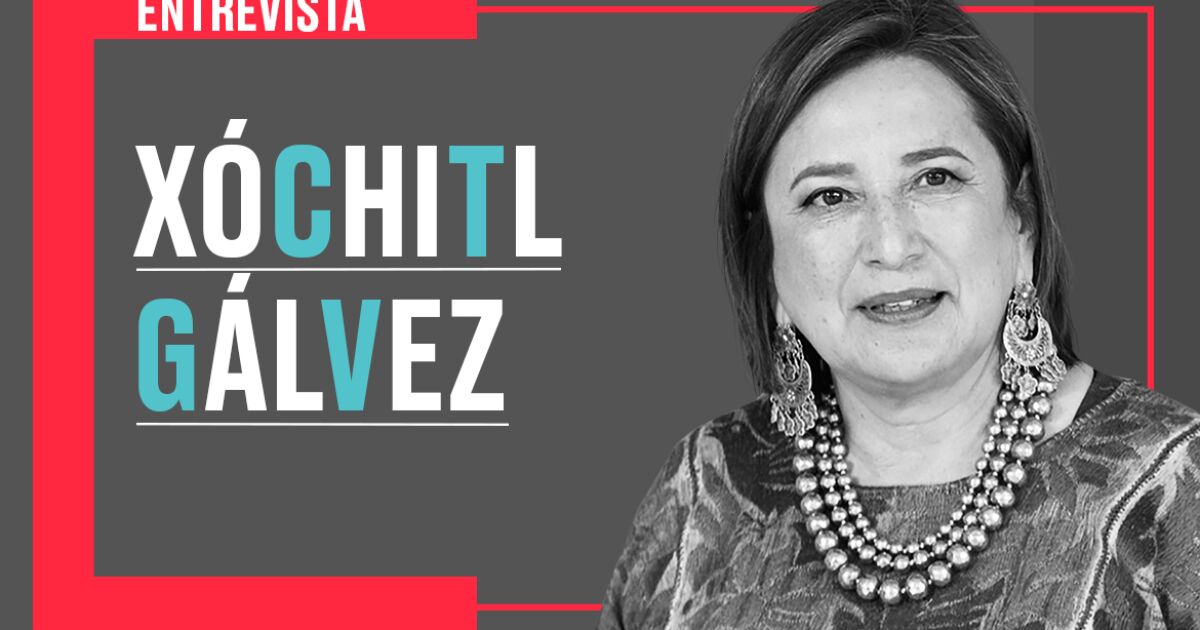MIAMI, United States. – Lawyer Giselle Morfi, from the Cubalex Legal Information Center, considered that the convictions against Luis Manuel Otero Alcantára and Maykel Castillo Pérez (Maykel Osorbo), made known by the regime this Friday, constituted “an abuse of the punitive power of the State.”
“The content of the sentence is not yet known, not even its number,” Morfi wrote in an article published by Cubalex―, but we can conclude from the published information that none of the limits to which they have referred are recognized by international DD standards. HH, but it is an abuse of the punitive power of the State”.
“None of these reasons complies with the legality, legitimate purpose, necessity and proportionality required by the tripartite test of the inter-American system so that States can limit freedom of expression,” he added.
The lawyer also specified that the crimes of outrage against the symbols of the country, contempt, defamation of institutions. organizations, heroes and martyrs “are not compatible with international human rights standards. H H.”.
“These are crimes that violate freedom of expression recognized in article 19 of the Universal Declaration of Human Rights and the International Covenant on Civil and Political Rights (ICCPR), as well as article 13 of the San José Pact.”
On the other hand, he pointed out that the crimes of attack, resistance and public disorder “are used in Cuba with the aim of censoring and criminalizing the right to protest on the basis of an ideological imposition, overriding the right of citizen participation.”
“These are crimes that are used for social control and not for the defense and guarantee of human rights, due to the discretionary nature and lack of clarity and specification of the criminal law. The public order that judges value has nothing to do with public order within a democratic society,” he added.
In addition, Morfi wondered: “What motivation did the judges have to destroy the presumption of innocence of these people? Where are the ‘feelings of nationality and pride that the Cuban people profess towards our national flag’ unquestionably regulated?
For the lawyer, the motivation for the conviction against Otero Alcántara and Castillo Pérez “was the criminal policy of the State to achieve a dissuasive effect, to prevent the rest of society, out of fear, from expressing themselves freely. From there we see the great danger of this sentence, with an evident exemplary effect. The assessment was completely subjective, discretionary and with a completely illegitimate purpose that promotes a culture of self-censorship.
“The result of this and all the sentences against the 11J protesters represent an impact not only individually for the accused, but for the whole society,” he said.
“What the judges call ‘offending, affecting the honor and dignity of the country’s highest authorities, using digitally manipulated false images of these, which he made public on social networks’ is nothing more than the exercise of freedom of expression and legitimate criticism of the authorities”.
This Friday, the Attorney General’s Office announced that Otero Alcántara had been sentenced to five years in prison for the crimes of outrage against the symbols of the country, contempt and public disorder.
Meanwhile, Castillo Pérez was sentenced to nine years in prison for the crimes of contempt, attack, public disorder and defamation of institutions, organizations, heroes and martyrs.
Receive information from CubaNet on your cell phone through WhatsApp. Send us a message with the word “CUBA” on the phone +1 (786) 316-2072, You can also subscribe to our electronic newsletter by giving click here.






